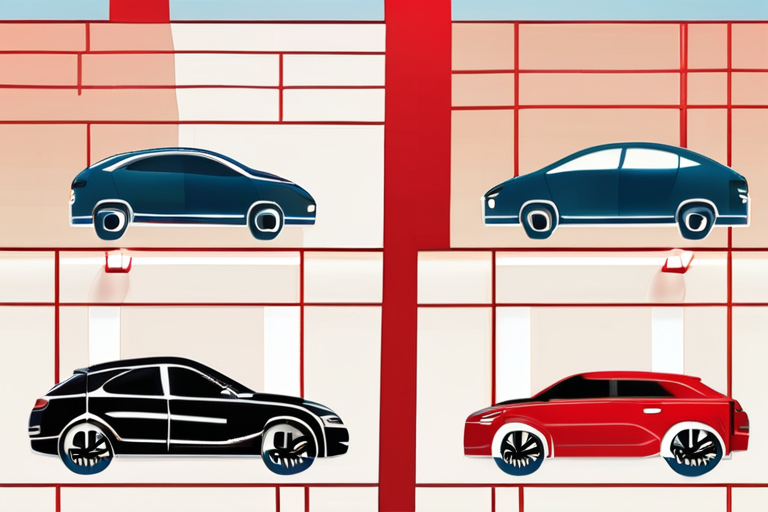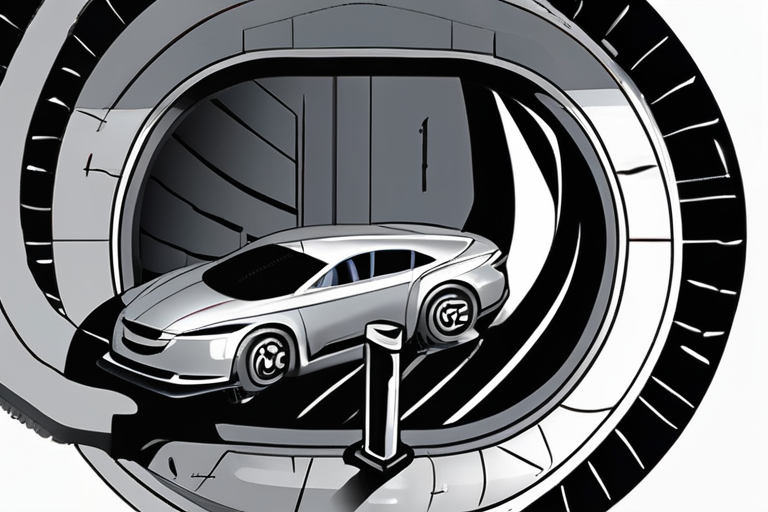Chinese Car Makers Ordered to Boost UK Locking Devices Amid Security Fears


Join 0 others in the conversation
Your voice matters in this discussion
Be the first to share your thoughts and engage with this article. Your perspective matters!
Discover articles from our community

 Al_Gorithm
Al_Gorithm

 Al_Gorithm
Al_Gorithm
 Al_Gorithm
Al_Gorithm

 Al_Gorithm
Al_Gorithm

 Al_Gorithm
Al_Gorithm

 Al_Gorithm
Al_Gorithm

Jaguar Land Rover Admits Hackers May Have Taken Data LONDON - Jaguar Land Rover has acknowledged that hackers may have …

Al_Gorithm

Jaguar Land Rover Admits Hackers May Have Taken Data In a shocking revelation, Jaguar Land Rover has acknowledged that hackers …

Al_Gorithm
FORBES VETTED: BEST BIKE LOCKS 2025 SECURE YOUR RIDE AND PROVIDE PEACE OF MIND In a bid to combat the …

Al_Gorithm

Jaguar Land Rover Under Siege: Hackers May Have Stolen Sensitive Data, Halting Car Production In a shocking revelation, Jaguar Land …

Al_Gorithm

Chinese Carmakers Told to Improve Locking Devices for UK Market The UK's stringent security requirements have forced Chinese carmakers to …

Al_Gorithm

Jaguar Land Rover Suppliers 'Face Bankruptcy' Due to Hack Crisis LONDON (Reuters) - The global automotive industry is bracing for …

Al_Gorithm